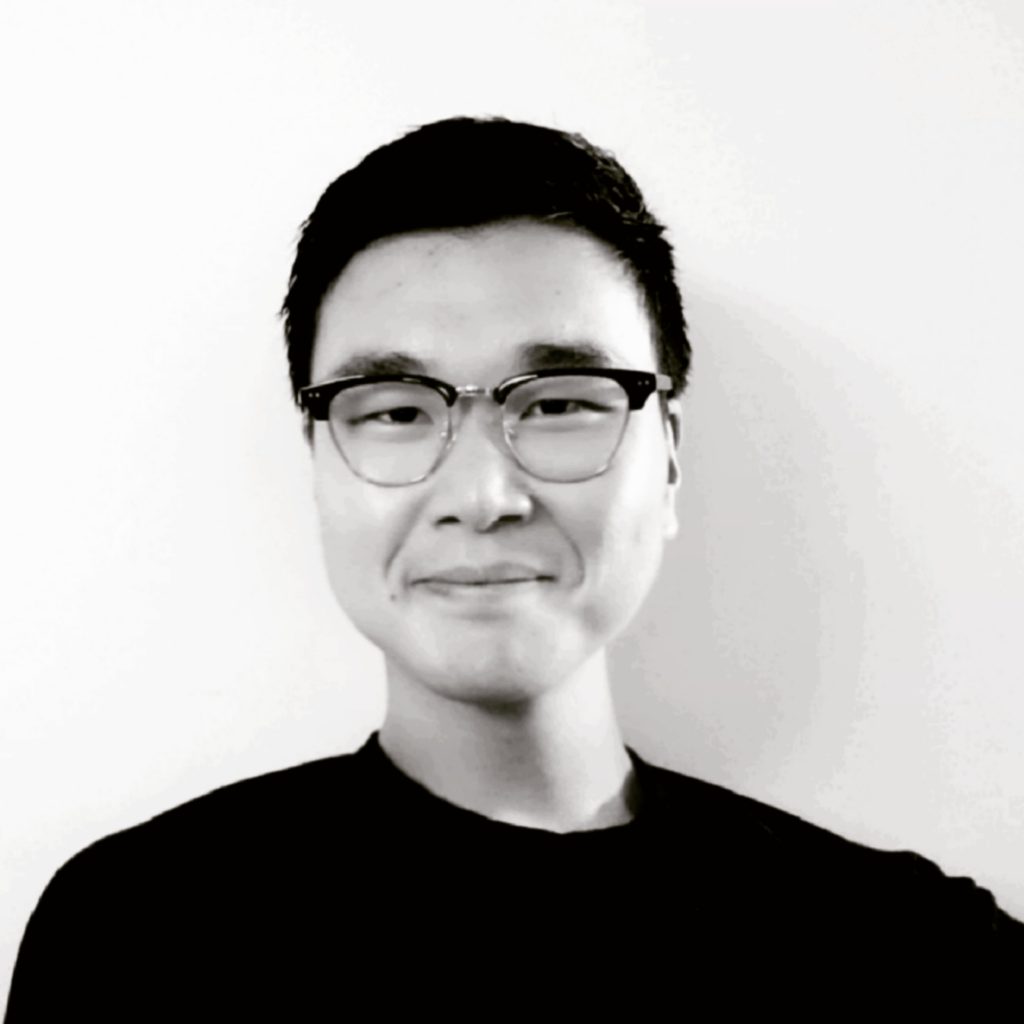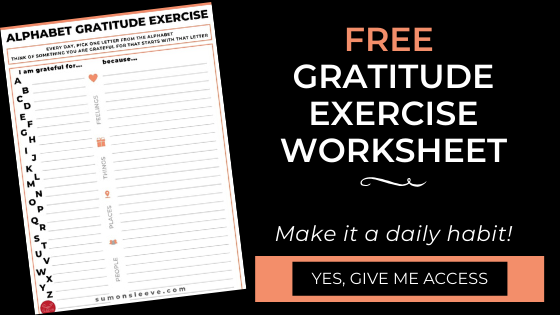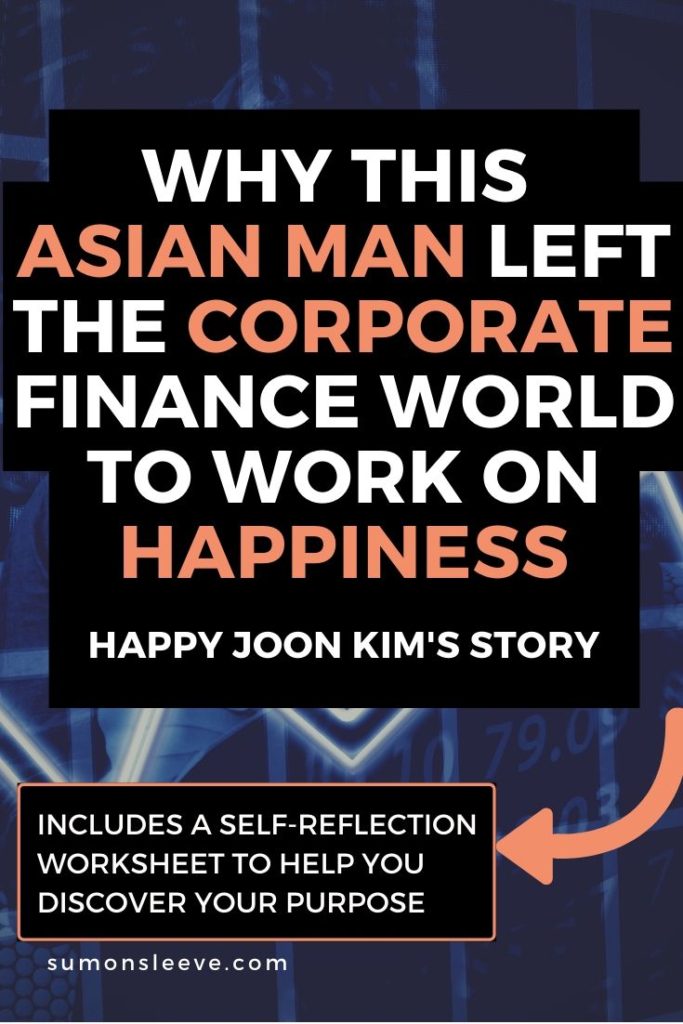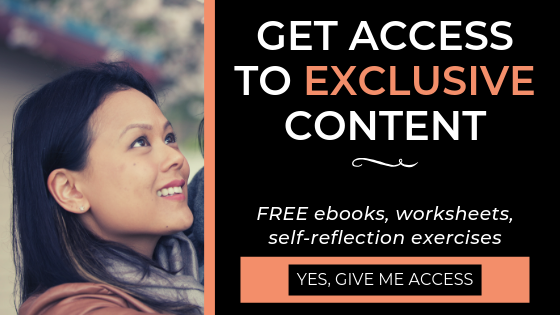Have you ever prioritized your career goals over your happiness? What do you do when you get to a point where you're working 80-100 hours a week and you've sacrificed your entire well-being into meeting them?
If you’re like many kids who grew up with immigrant parents, getting a good education, climbing the corporate ladder, making the monies, gaining wealth and power…these were what we were told to strive for. And most often, like myself, we did just that.
For most of my life, I thought that following the rules, doing well in school, getting a good job, populating that CV to the brim, getting raises, and promotions would make me happy.
I mean, who doesn’t like money and status?
But that was a narrow view of what success meant, and it wasn’t until my 30’s that I realized that this wasn’t going to make me fulfilled in life.
Fortunately, the change in mindset led me on a path of blogging, rediscovering my passion for writing and flexing my content creation skills. And along that path came meeting and making new friends with likeminded individuals.
Recently, I connected with Joon Kim (Coach, Happy Joon Kim) and he asks me how motherhood is treating me. And during the first few exchanges, we delved right into our own personal development journeys and how we came to be where we are.
No small talk. No fluff, just the guts. I love it.
I enjoyed hearing about his journey and I think you’d like it too.
From how he left the corporate world, changing the education system, to discovering the power of meditation, Joon Kim’s story is truly transformative.
Sit back, relax and get ready to be inspired!

“the biggest part of my issue was getting so caught up in my career goals that I was willing to do whatever it took to achieve them, which meant sacrificing my well-being and not making time for my loved ones.”
1. I love how you called your site “Happy Joon Kim.” Where did the name come from?
“Thanks so much and a really awesome question! I’m trying to figure it out myself hahaha Jokes aside, I named my site HappyJoonKim because I wanted people to feel happier whenever they came across me – whether that’s through a conversation, my content, or a coaching relationship.
It also serves as a reminder for me to continue to work towards happiness because happiness is a state of mind and being that needs consistent work. It’s similar to staying fit or being great at your craft because you start losing it when you stop practicing it.
And at the end of the day, I want to be happy and I want others to be happy. Plus it makes me smile when I hear the word happy 😊”
2. What inspired you to become a coach? What’s the most rewarding part of being one?
“To be honest, I had no idea coaching was a profession until I stepped into entrepreneurship. So funny how things turn out when you explore your curiosities, step into the unknown, and trust that the Universe / God / Source / Higher Power has your back.
But the ONE thing that I absolutely loved growing up was teaching. I LOVE simplifying concepts and delivering insights or ideas that took me years to learn to help someone experience the same result in a matter of minutes or a much shorter time.
And when you see someone’s face light up because they generated a new insight or finally understood a concept that they struggled with for years, it’s one of the most incredible experiences you can have.
When I was in Finance, I dreamed of teaching Finance or Accounting at a university after my time in the corporate world, but I got into coaching because I found topics more interesting than business – human behavior, psychology, sociology, spirituality, cognitive science, and etc. I’m super curious about people and love to understand why we behave the way we do and how we can maximize our experience during our lifetime.”
3. Previously, you worked in Finance and you fell into a depression and then underwent a personal development journey. What is it about the corporate world that made you unhappy? What’s the one thing that’s helped you rediscover yourself?
“There are two sides to the coin for this. On one side, I’d say I didn’t enjoy what I did on a day to day basis, and I’m aware that I made choices that got me in that position.
But the biggest part of my issue was getting so caught up in my career goals that I was willing to do whatever it took to achieve them, which meant sacrificing my well-being and not making time for my loved ones. And there were moments where I worked 80~100 hours, and that took a big toll on my mental and emotional health.
At some point, my eyes got foggy, but I was too busy working to even get that checked. So I tied A LOT of my happiness and success to my career goals and realized that it wasn’t a healthy way to live my life. As simple as this sounds, I realized that it’s important not to tie happiness and success only to your job and to aspire towards experiences outside of work.
On the flip side, I wanted more control and autonomy in my life, which is something that I didn’t have in the corporate world. For instance, there were moments when I took on half of my manager’s role, half a job of another person, and two roles of temporary employees but wasn’t rewarded for the extra effort. I got this impression that if you’re a farm boy, you’ll always be a farm boy, meaning no matter how hard I worked, there was a limit to what I can have.
And regarding organizational cultures, it was very focused on the bottom-line or results, which I understand, but I wanted to be around more heart-centered people, meaning people who prioritized people by leading with kindness, empathy, love, joy, and connection. Having control of my schedule was another big thing because I wanted to spend time with my loved ones whenever I wanted, and it’s an experience I wanted when I have my own family someday.
In terms of the ONE thing that really helped me rediscover myself is Meditation, and it is probably the most transformative experience in my life. My biggest takeaway from meditation was to understand that we are a byproduct of the beliefs, values, or stories that we experienced growing up. Said another way, we had a blank canvas when we came into the world, but as we grew up, society – parents, education, religion, media, and etc – drew on our canvas saying what was right or wrong and what to believe and not to believe.
And at some point, you have to take back the paintbrush and edit what is true and authentic to you because YOU ARE THE AUTHOR OF YOUR LIFE. If you want to see a blank canvas at it’s finest, watching children behave might be the best way to experience it because they say and do whatever they want.“
4. Let’s talk about the education system and how many of the skills that you’re teaching don’t get taught in school. If you could change it, what would be the first 3 things you would do?
“Love the question! I’ll blend a combination of skills and concepts.
The first one has to be meditation. Meditation not only helped me question the stories and beliefs society created for me, but it also allowed me to better manage my emotions and overcome my fear. And there’s a ton of other benefits that come with meditation.
The second is to practice gratitude because if you can’t appreciate what you have, you’ll never be able to appreciate what you’ll eventually have. So it shifts your mindset to have an attitude for gratitude, and what you appreciate appreciates and what you celebrate you get more of. On the celebrating front, I’m working to get better at that because I come from an Asian culture where celebration wasn’t a thing. Once I achieved a goal, I would simply move on to the next goal, but it’s so important to celebrate and be kind to yourself. Plus, the Universe doesn’t define a size or timeline to what miracles are. It comes down to what you make out of each experience.
The third is more of a concept and mindset. It’s really important to explore your curiosities to get a sense of what you like and don’t like, and everyone is different, which makes us incredible and unique in our own ways. And I emphasize this because school has a narrow definition of skills, which translates to the subjects you learn. And in the process of exploring your curiosities, it’s so important to adopt the mindset that it’s okay and necessary to make mistakes and fail because mistakes are a fact of life and you fail your way towards success. We’ve been taught to avoid failure and mistakes, but they are exactly what we need to grow and innovate.”
5. What’s next for Joon Kim?
“I’d love to help and influence as many lives as possible during my lifetime, but at the moment, I’m starting off helping one person at a time, which translates to building out my 1-on-1 coaching business. But once it reaches a certain point, I’d love to scale it to help more people, which can come in the form of group coaching, workshops, and speaking.
And in the process, I’d love to meet the right people to partner and work towards changing education because that’s the BIG DREAM. And to be honest, I’m trying to figure out what’s the best way to do that, but I feel that clarity will come as I’m taking daily action towards building my coaching business.
And in the process, it would be so incredible to create a ripple effect to inspire the next generation of people who want to use their gifts and talents to help others and/or influence education.”





